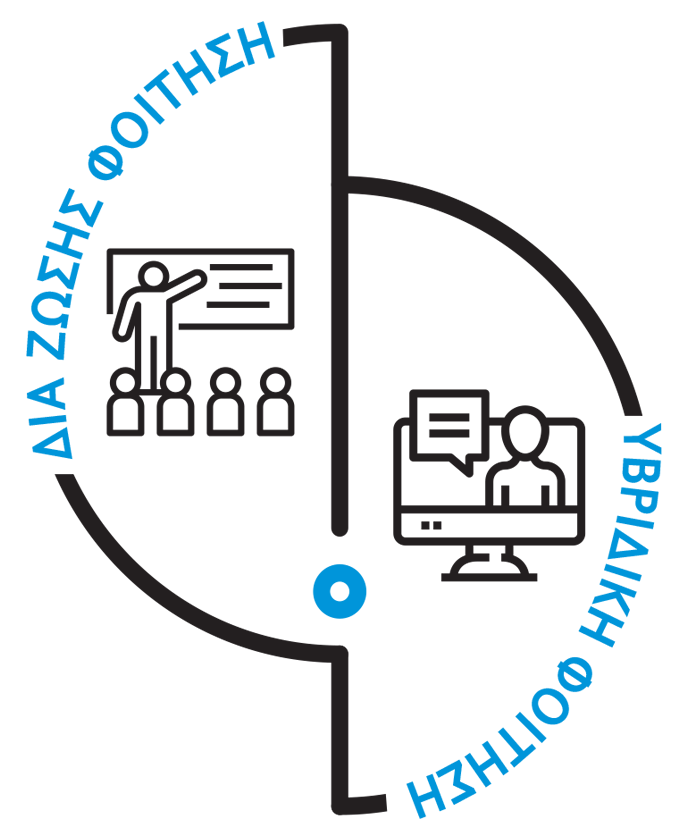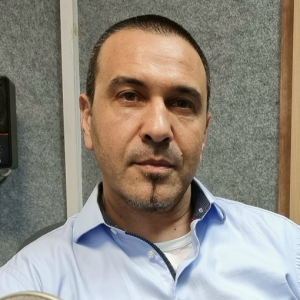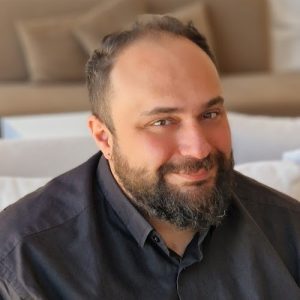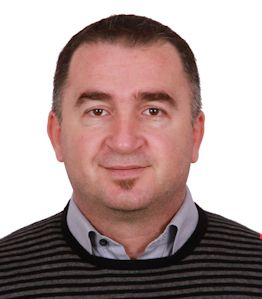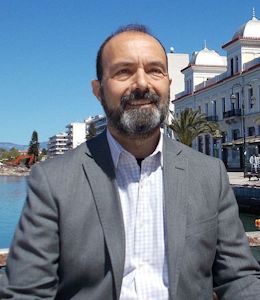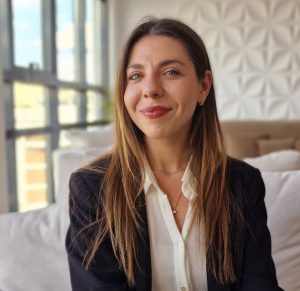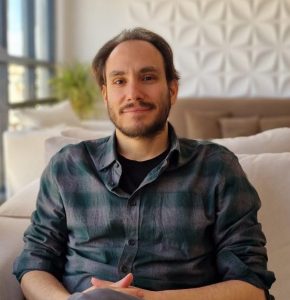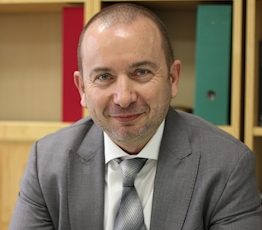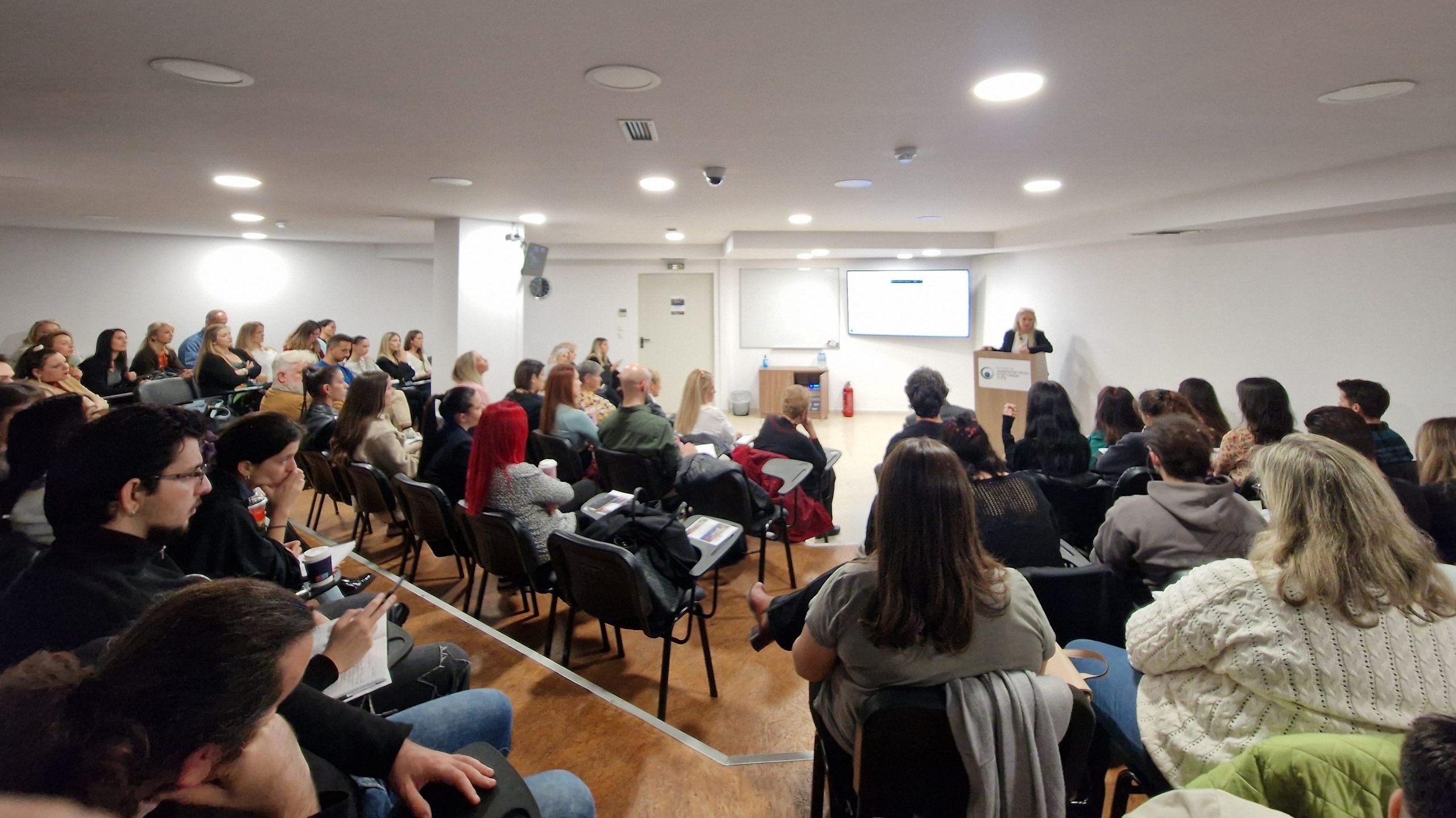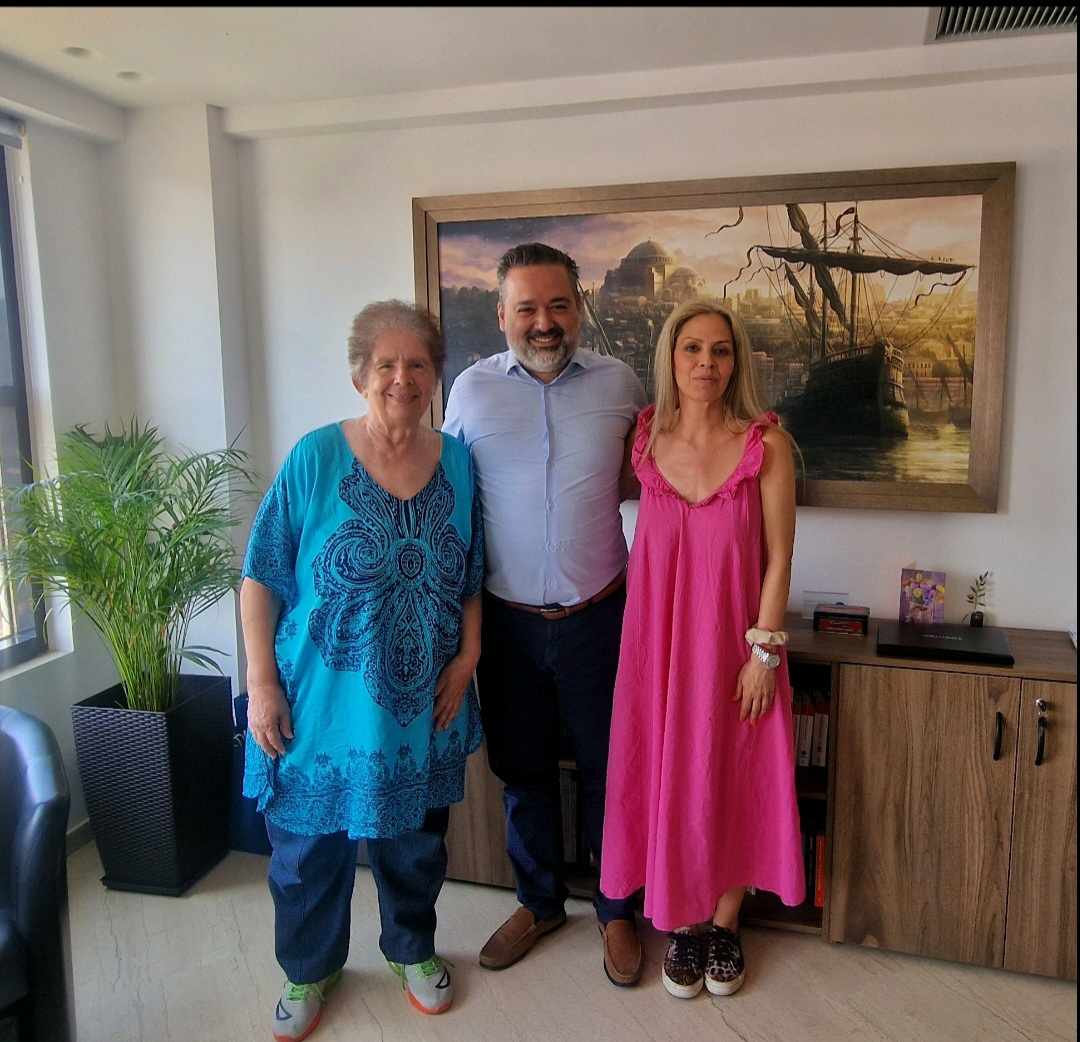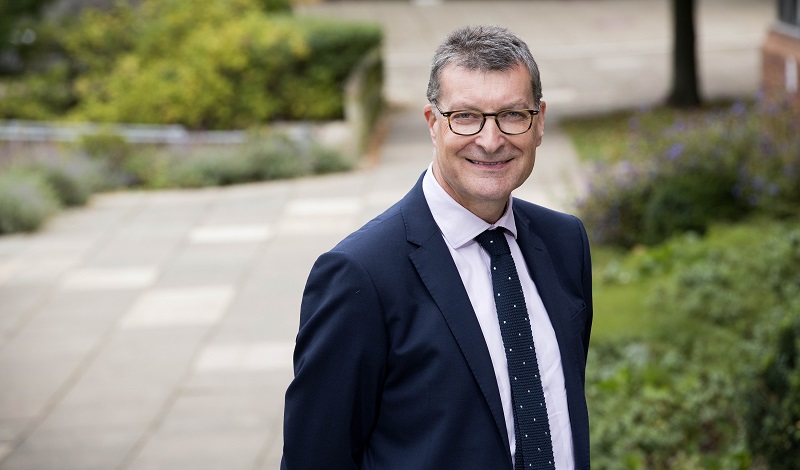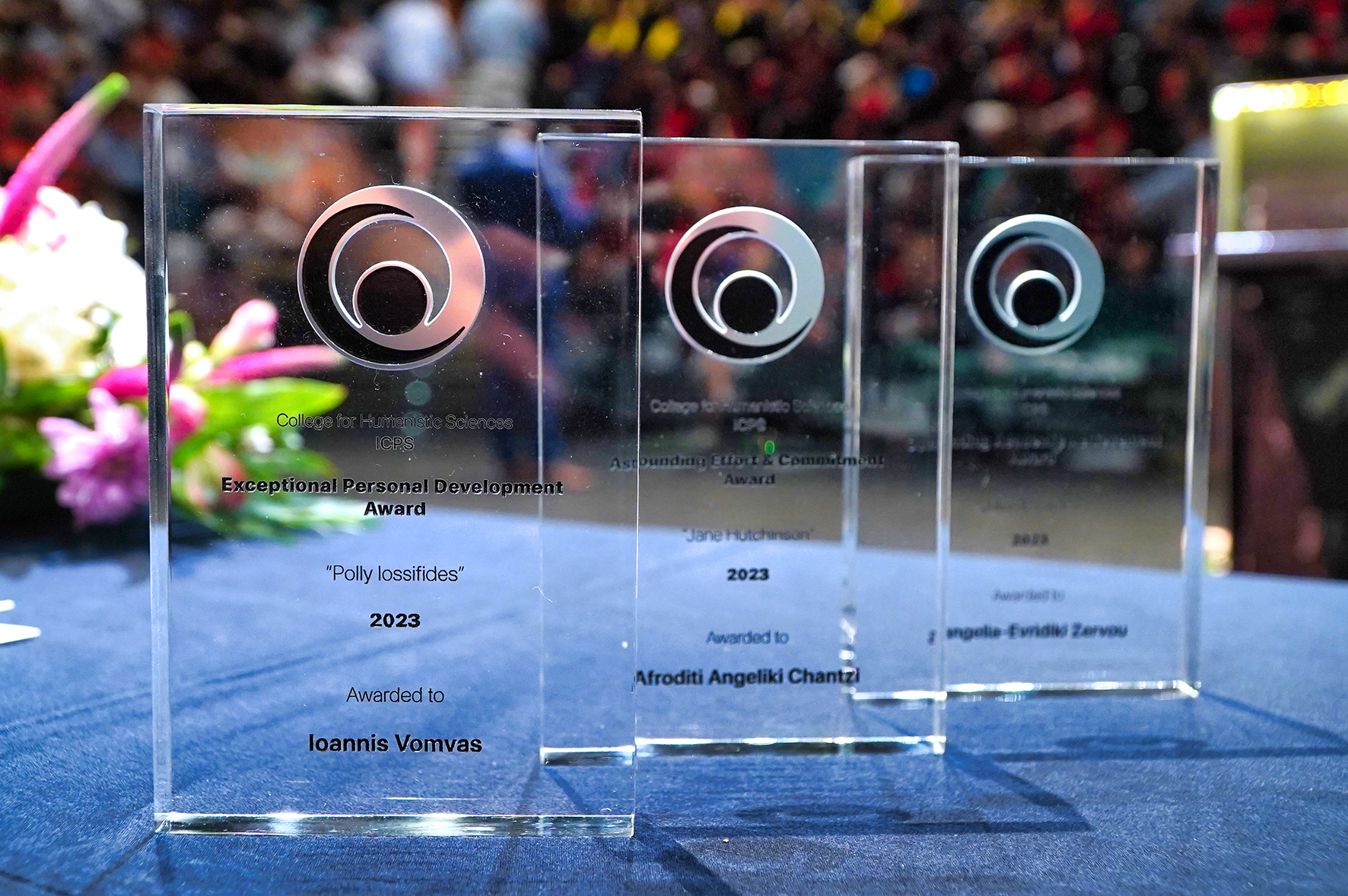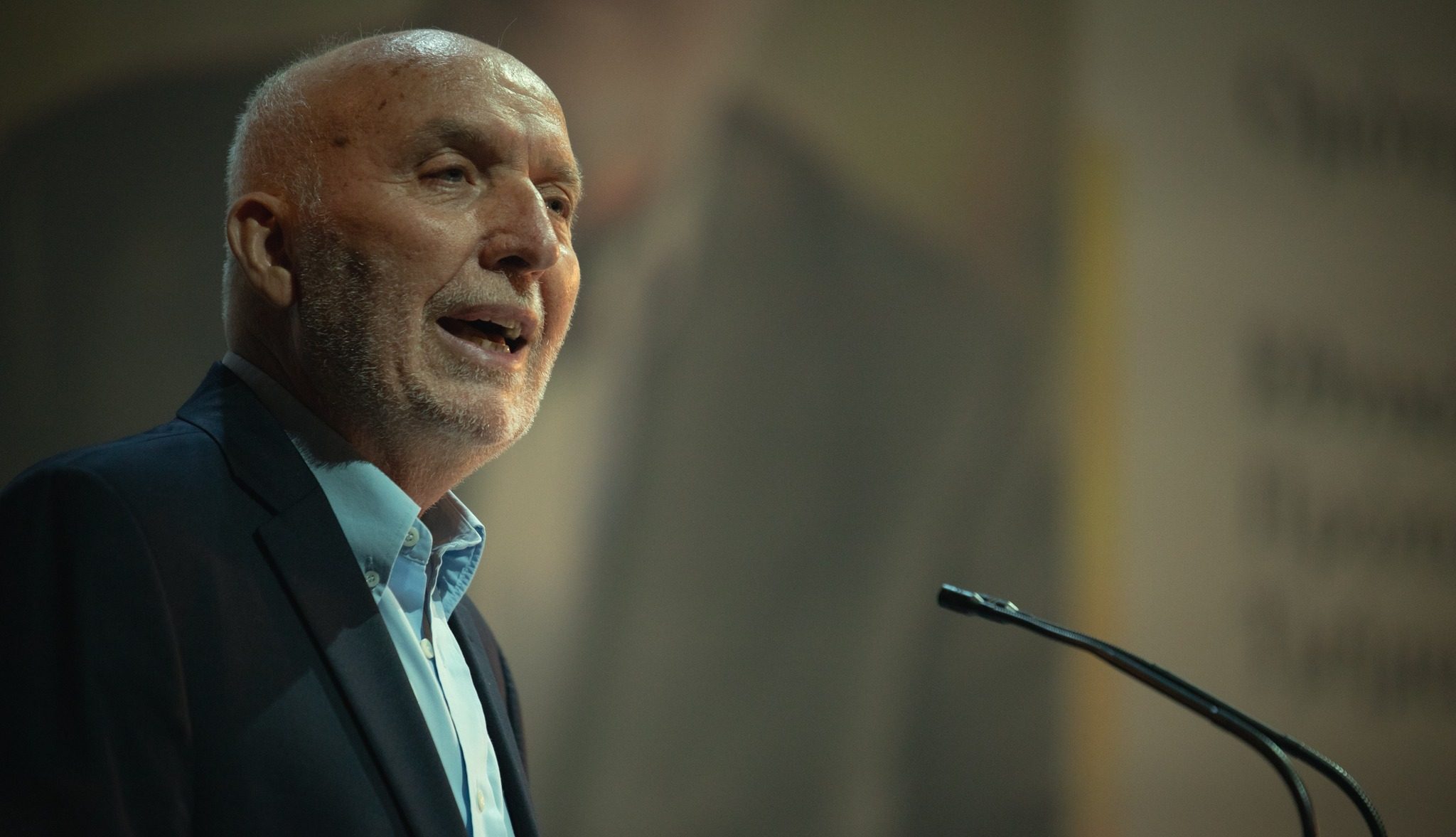We offer the Master in Psychodynamic Psychotherapy in collaboration with the University of Central Lancashire, the large international public university of the North of England and the Hellenic Society of Adlerian Psychology. The program is the only Master’s degree in the subject in Greece.
Master of Psychodynamic Psychotherapy
In this pioneering MPA, we combine theory with experiential education, practical training and research application based on the principles of Psychodynamic Psychotherapy and the principles of Alfred Adler’s Individual Psychology and Therapy. At the same time, we include series of specialized workshops at life pattern, dynamics in family relationships and psychodynamic couple psychotherapy. In addition, we offer within the MSc a series of specialized lectures in relation to the theories of:
- Alfred Eagle
- Winnicott & Klein (Object Relations Theory)
- Coherence (Self-Psychology)
- Carl Jung
- Anna Freud
Psychodynamic psychotherapy has its roots in psychoanalytic tradition, which was developed by Sigmund Freud and his associates. We focus on understanding the unconscious processes as well as and of unresolved conflicts, that may affect thoughts, feelings and behaviours of a person.
The therapeutic process Encouraged by therapists to relate freely, express thoughts and feelings and explore their dreams as a means of uncovering unconscious material. At the same time, while psychodynamic therapies have their roots in psychoanalysis, modern psychodynamic approaches have evolved and may involve more active and time-limited interventions compared to traditional psychoanalysis.
The Theory of Adler
Ο Alfred Eagle established the Theory of Individual Psychology in the early 20th century and believed that people are motivated by social interest and the desire to belong and contribute positively to society. During the therapeutic process, the patients become aware of of their patterns of behaviour and thinking. They then develop a sense of social concern and make positive changes in their lives. The cooperation between the therapist and the client is crucial. Early memories, family dynamics and current behaviours are explored to understand how challenges can be overcome and the therapist can live a more fulfilling life.
This Postgraduate Programme develops the skills necessary for the application of psychodynamic principles. In doing so, it combines the solid knowledge derived from Psychoanalytic Personality Theory, as well as the pluralism brought by Psychodynamic Theories. During the course, students receive training in the basic principles of human development, defence mechanisms, and the application of psychodynamic theories to specific population groups.
Among other things it covers:
- The theory and findings governing the application of Psychodynamic Psychotherapy in people’s everyday life.
- Development important counselling and psychotherapy skills to create a successful therapeutic relationship.
- Specialised training in the approach to psychopathology through the lens of Psychodynamic Psychotherapy.
- Developing advanced skills in therapeutic processes of Psychodynamics. Individual therapy, dream interpretation, transference and countertransference. Also Brief psychodynamic therapy, Preconceptions and intercultural therapy, Intervention in contexts (School, Groups, Work, etc.).
- Personal development and expanded self-awareness via experiential exhibition and group process.
- Specialisation in incidents anxiety disorders and depression, bereavement, loss and grief, addictions, eating disorders, domestic violence and conflict and others.
- Training in research protocols in Psychodynamic Psychotherapy.
Other important features of the project are:
- Recognized by the Department for the Implementation of European Legislation (ATEΕN) (formerly SAEP) as Equivalent (Professional Equivalence) of Postgraduate students of public universities.
- Interdisciplinary team of trainers with experience in counselling and psychotherapy. They are also certified from the European Society of Counselling, the European Society for Psychotherapy, as well as the Hellenic Society of Antipodean Psychology (EAPPS).
- Mandatory practical training, at least 300 hours, in private and public sector organisations or with professionals certified psychotherapists of the Psychodynamic Approach. The internship is carried out in accordance with the provisions of the legislation (Law 4763/2020, Law 5006/2022), with supervision provided by the EAPC and the College.
- Ninety (90) ECTS (18 months normal duration). The training is offered in the 24-month format.
- Academic assessment: Variety of methods including assignments, presentations, self-evaluation and personal development reports, role play etc.
Registration Criteria:
- University degree, preferably in Psychology or a similar discipline.
- Good knowledge of English for the study of the bibliography
- Those who have completed a research thesis during their undergraduate studies have a head start.
- Two years of work experience is desirable, but not essential.
- Assessment of study intention by a Study Advisor.
- Successful Academic Interview.
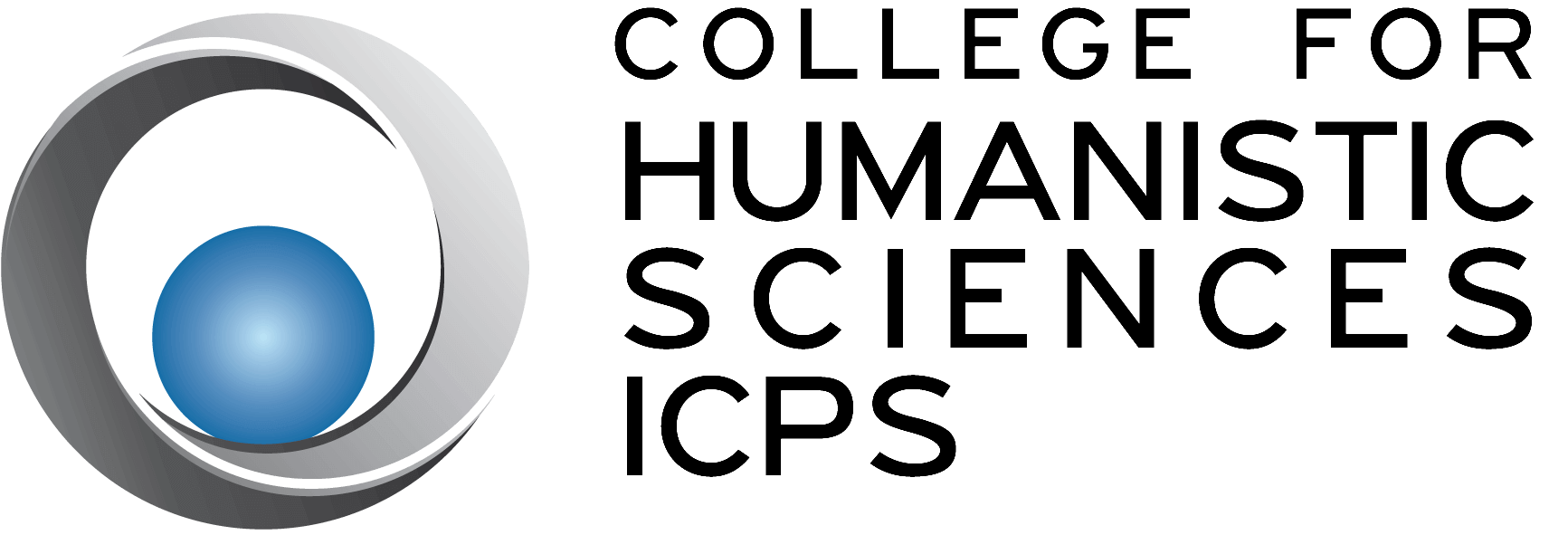


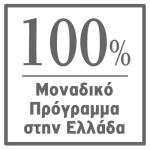
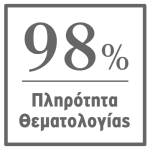
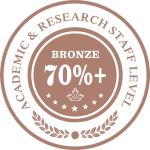

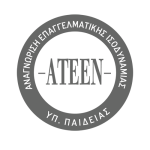
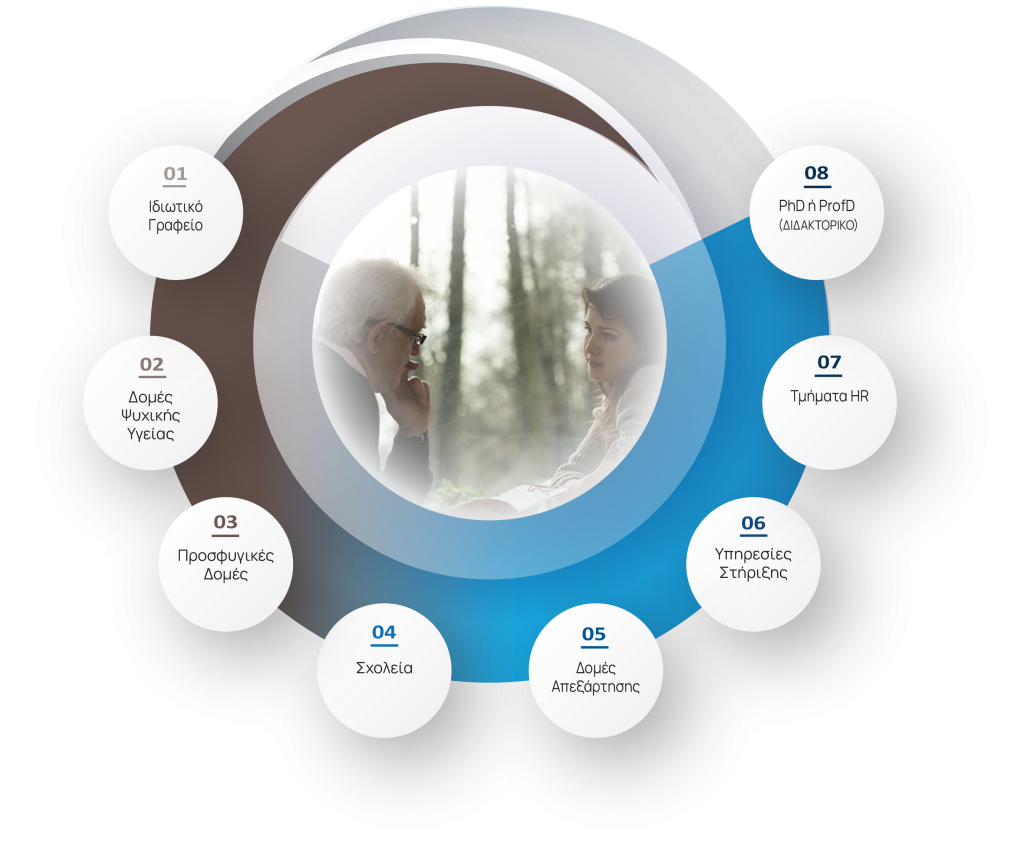
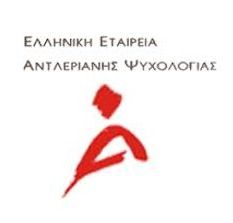 Οι φοιτητές του ΜΠΣ στην Ψυχοδυναμική Ψυχοθεραπεία γίνονται δεκτοί ως δόκιμα μέλη στην Ελληνική Εταιρεία Αντλεριανής Ψυχολογίας (ΕΕΑΨ) με την οποία το Κολλέγιο διατηρεί στρατηγική συνεργασία και η οποία αποτελεί έναν από τους ιστορικούς επαγγελματικούς συλλόγους επαγγελματιών της προσέγγισης στην Ελλάδα.
Οι φοιτητές του ΜΠΣ στην Ψυχοδυναμική Ψυχοθεραπεία γίνονται δεκτοί ως δόκιμα μέλη στην Ελληνική Εταιρεία Αντλεριανής Ψυχολογίας (ΕΕΑΨ) με την οποία το Κολλέγιο διατηρεί στρατηγική συνεργασία και η οποία αποτελεί έναν από τους ιστορικούς επαγγελματικούς συλλόγους επαγγελματιών της προσέγγισης στην Ελλάδα.  To Master Ψυχοδυναμικής Ψυχοθεραπείας στο ICPS περιλαμβάνει το κορυφαίο πρόγραμμα προσωπικής και επαγγελματικής ανάπτυξης, Career Success Navigator©
To Master Ψυχοδυναμικής Ψυχοθεραπείας στο ICPS περιλαμβάνει το κορυφαίο πρόγραμμα προσωπικής και επαγγελματικής ανάπτυξης, Career Success Navigator©